Association for Psychosocial Studies Biennial Conference
Bournemouth University, 5th- 7th April 2018
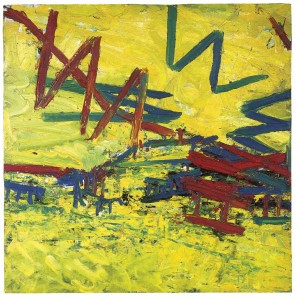
Extended CALL FOR PAPERS!
Association for Psychosocial Studies Biennial Conference
Bournemouth University, 5th-7th April 2018
‘Psychosocial Reflections on a Half Century of Cultural Revolution:
The 50th anniversary of seasons of love and protest’
Join us to reflect on revolutionary relationships and revolutionary politics which challenged authority then and which influence us now.
The cultural forces and the political movements of 1967 and 1968 aimed to change the world, and did so. Recent development of some populist and protest politics could be seen as a continuation of the revolutionary movements in the 1960s. Hedonic themes that recall the summer of love suffuse contemporary life, and self-reflection and emotional literacy have also become prominent values, linked towards human diversity and the international community.
We invite you to offer psychosocial analyses of the development and legacy today of the ‘revolutions’ in love, sex and politics. This could be via explorations of contemporary issues in politics, culture and artistic expression, or through historical studies. All proposals for papers must indicate how they address both psychological and social dimensions of their topic.
Send your abstract of 250-300 words to: APS2018@bournemouth.ac.uk
Deadline: 1st October 2017. Confirmation of acceptance: 1st November.
We welcome contributions from academics and practitioners from different fields and disciplines and very much look forward to seeing you there!

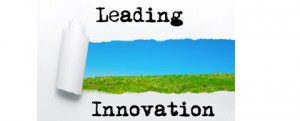 First in the ‘
First in the ‘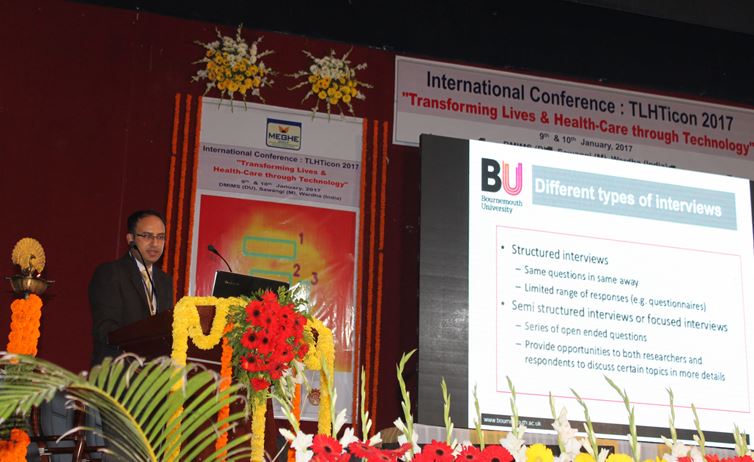
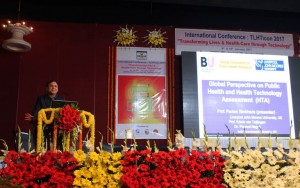
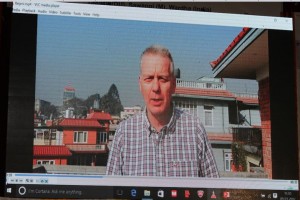
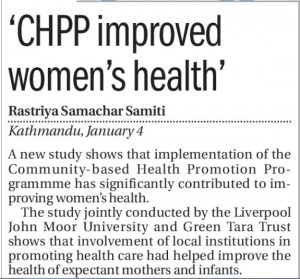
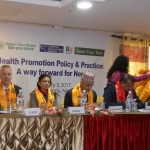
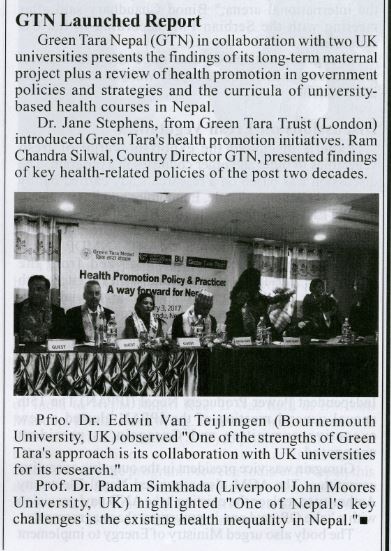

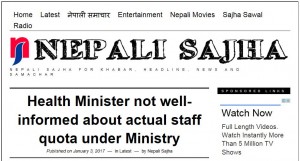
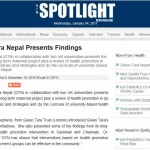
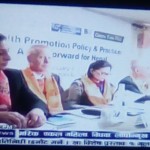
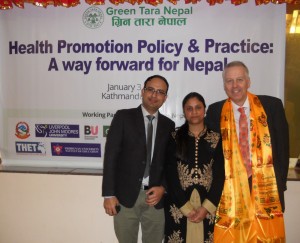
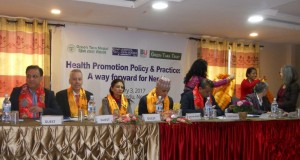
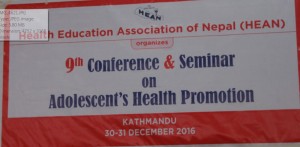 Yesterday Prof. Edwin van Teijlingen from BU’s Centre for Midwifery, Maternal & Perinatal Health (CMMPH) spoke at the 9th Conference and Seminar on Adolescent’s Health Promotion in Kathmandu. This event was organised by the Health Education Association of Nepal (HEAN). The first keynote speech ‘Adolescent’s Health Promotion: Global Perspectives‘ was presented by BU Visiting Faculty Prof. Padam Simkhada (based at Liverpool John Moores University) on behalf of his BU co-authors Dr. Pramod Regmi and Prof. Edwin van Teijlingen. The second keynote speech ‘Global Health Promotion Approach‘ was presented jointly by Prof. van Teijlingen and Green Tara Nepal country director Mr. Ram Chandra Silwal on behalf of their collaborators Prof. Simkhada and Green Tara Trust, UK (Dr. Jane Stephens and Ms. Colette Fanning).
Yesterday Prof. Edwin van Teijlingen from BU’s Centre for Midwifery, Maternal & Perinatal Health (CMMPH) spoke at the 9th Conference and Seminar on Adolescent’s Health Promotion in Kathmandu. This event was organised by the Health Education Association of Nepal (HEAN). The first keynote speech ‘Adolescent’s Health Promotion: Global Perspectives‘ was presented by BU Visiting Faculty Prof. Padam Simkhada (based at Liverpool John Moores University) on behalf of his BU co-authors Dr. Pramod Regmi and Prof. Edwin van Teijlingen. The second keynote speech ‘Global Health Promotion Approach‘ was presented jointly by Prof. van Teijlingen and Green Tara Nepal country director Mr. Ram Chandra Silwal on behalf of their collaborators Prof. Simkhada and Green Tara Trust, UK (Dr. Jane Stephens and Ms. Colette Fanning).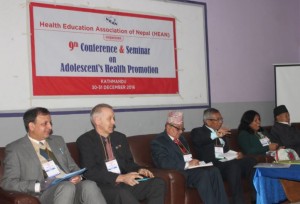

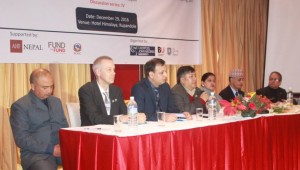
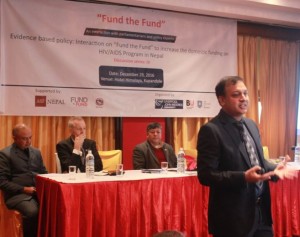

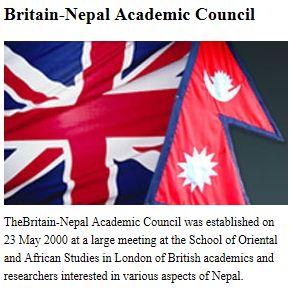
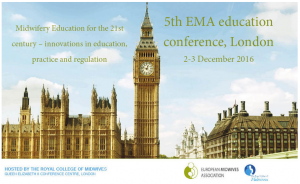
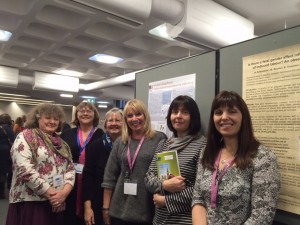

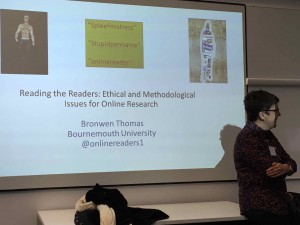
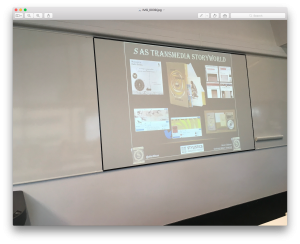
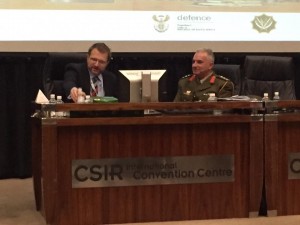
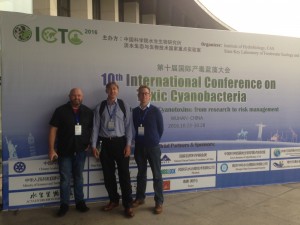
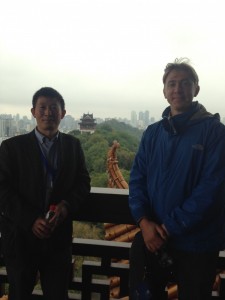
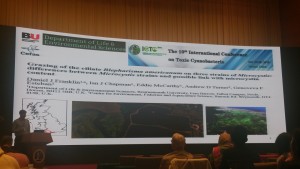











 Upcoming opportunities for PGRs – collaborate externally
Upcoming opportunities for PGRs – collaborate externally BU involved in new MRF dissemination grant
BU involved in new MRF dissemination grant New COVID-19 publication
New COVID-19 publication MSCA Postdoctoral Fellowships 2024
MSCA Postdoctoral Fellowships 2024 Horizon Europe News – December 2023
Horizon Europe News – December 2023